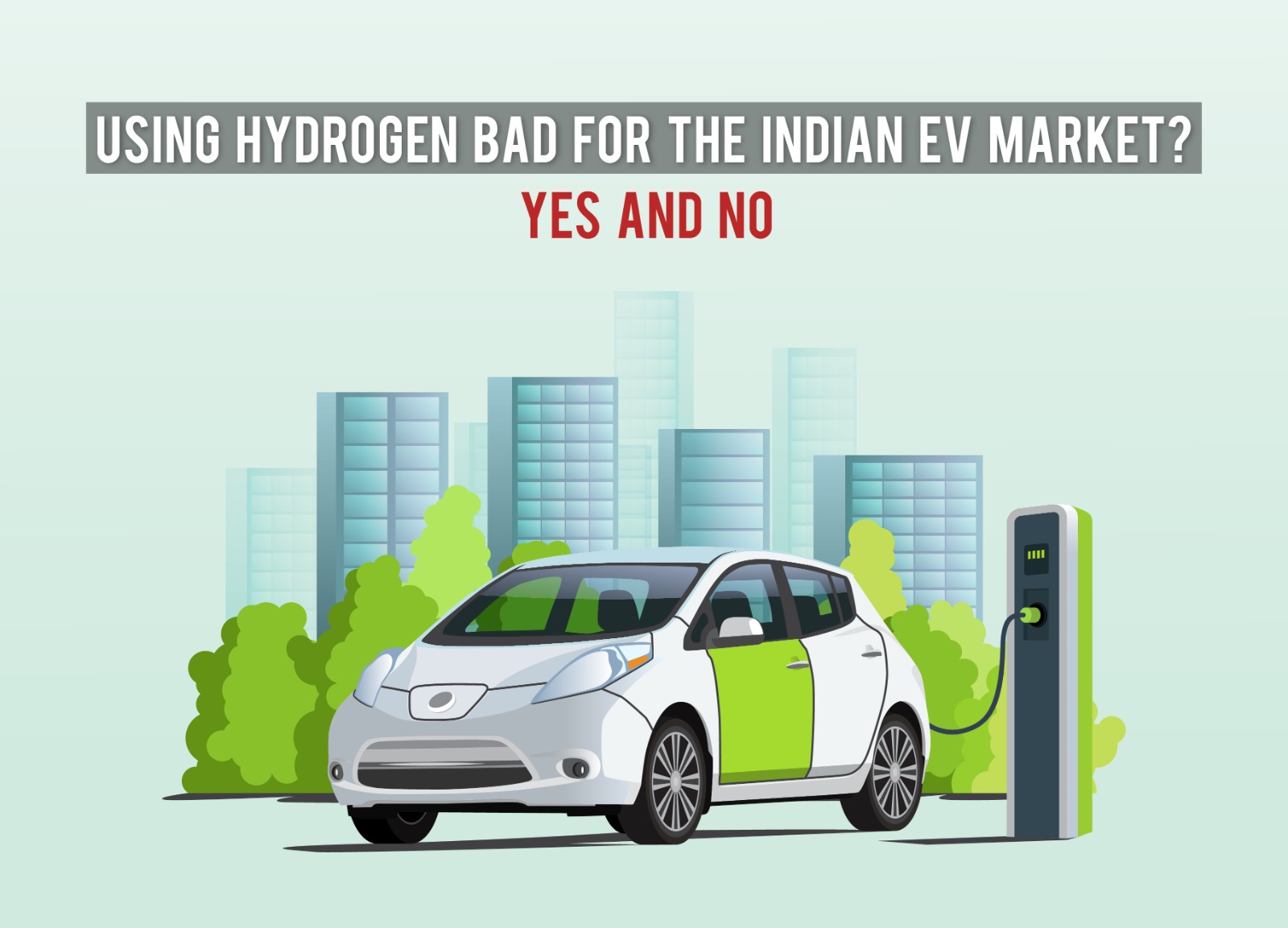
The debate over hydrogen vs electric vehicles is not new. However, the latest statement by Elon Musk rekindled the discussion on the already existing argument. As per Elon Musk “It is important to understand that if you want a means of energy storage, hydrogen is a bad choice”.
On the other hand, Nitin Gadkari, minister of road, transport, and highways is taking India towards hydrogen as the main source of energy storage. However, Elon musk, the techno king of Tesla, called it a silly move by the country. According to Musk, it is sheer wastage to produce hydrogen and then use it to fuel a car when you can use electricity directly. And to understand the logic clearly, it is imperative to understand the attributes of fueling cars via hydrogen as well as electricity.
The working dynamics of fueling hydrogen and electric car
Green hydrogen is extracted through electrolysis and then supplied to fuel hydrogen cars. The vehicles have hydrogen fuel cells that convert hydrogen into electric current. This is where Elon musk’s statement will sound right as there is no need to convert hydrogen into electricity when one can power vehicles via electricity directly.
Not to forget, when energy is transformed from one form to another, there is always energy loss. Hydrogen usage is still regarded as the best choice for vehicles as well as alternatives for coal dependency in India.
1. Hydrogen is very efficient when it comes to heavy vehicles due to its high density – It is an ideal option for fueling heavy vehicles due to its high energy density. Other fuels, such as gasoline and diesel, have a lower density than hydrogen – they can store less energy per unit of volume.
This is why heavy vehicles, such as buses and trucks should opt for hydrogen as their primary fuel. Not to forget, it allows them to cover long distances on a single tank of fuel without emission of any harmful gases thereby improving the air quality in the end.
2. The hydrogen fuel cells occupy less space, making them more efficient and lighter than other vehicles – The increased energy density of hydrogen fuel cells is that they can store more energy per volume than lithium-ion batteries, which means they require less space for storage and transportation.
3. Hydrogen is a better substitute for coal for powering heavy industries – Hydrogen produces no harmful emissions when burned and can be produced from a variety of sources, including renewable energy sources such as solar, wind, and water.
Hydrogen can be stored and transported easily, making it a more efficient and cost-effective energy source than its counterparts like coal. Finally, it can be used to power a variety of industrial processes, including steel production, chemical production, and other energy-intensive processes.
4. Refueling time is less for hydrogen cars when compared to electric vehicles – Hydrogen cars use a high-pressure fuel tank that can be filled in a matter of minutes. This is in contrast to the electric cars that take hours to charge. Additionally, hydrogen cars generate more power than electric cars meaning they can accelerate faster and can have a longer range.
The above points explain why despite Elon Musk’s logical argument, hydrogen is still a better option, especially for a country like India. The low cost, environmental friendliness, and abundance make hydrogen a viable option for the country.
Hydrogen can be stored in tanks and transported over long distances, making it an ideal energy storage solution for India. It can also be used to generate electricity through fuel cells, making it an efficient and cost-effective way to store and use energy.
GoI approves Rs.19 crores to pave the way for National Green Hydrogen Mission
Leave a Reply